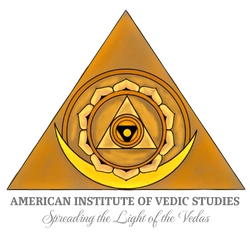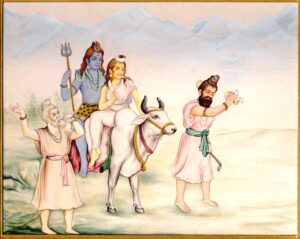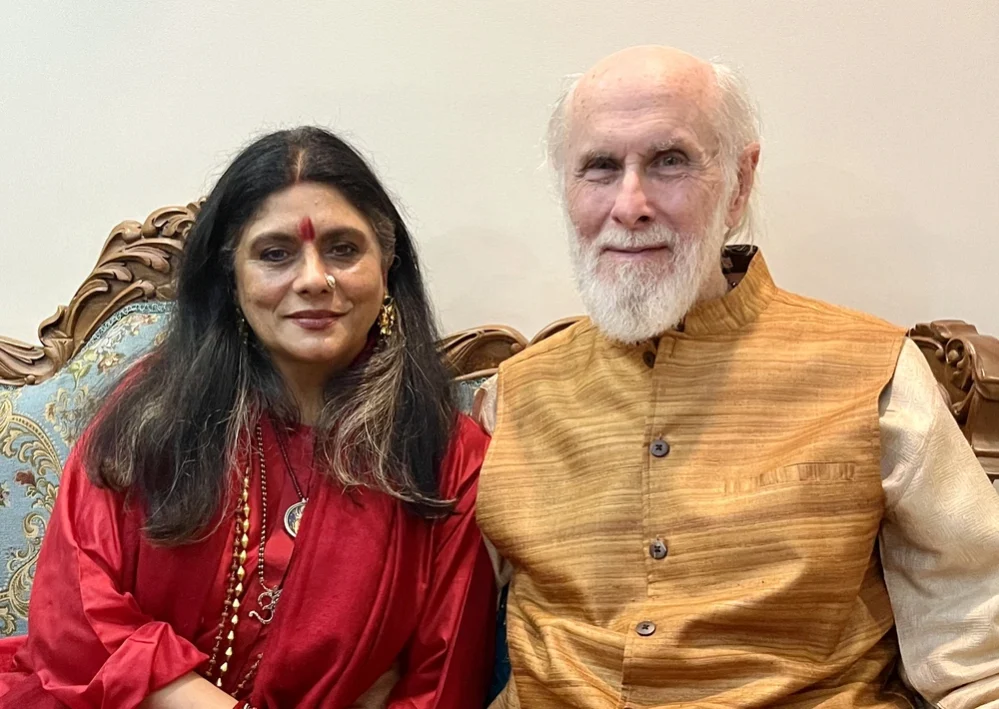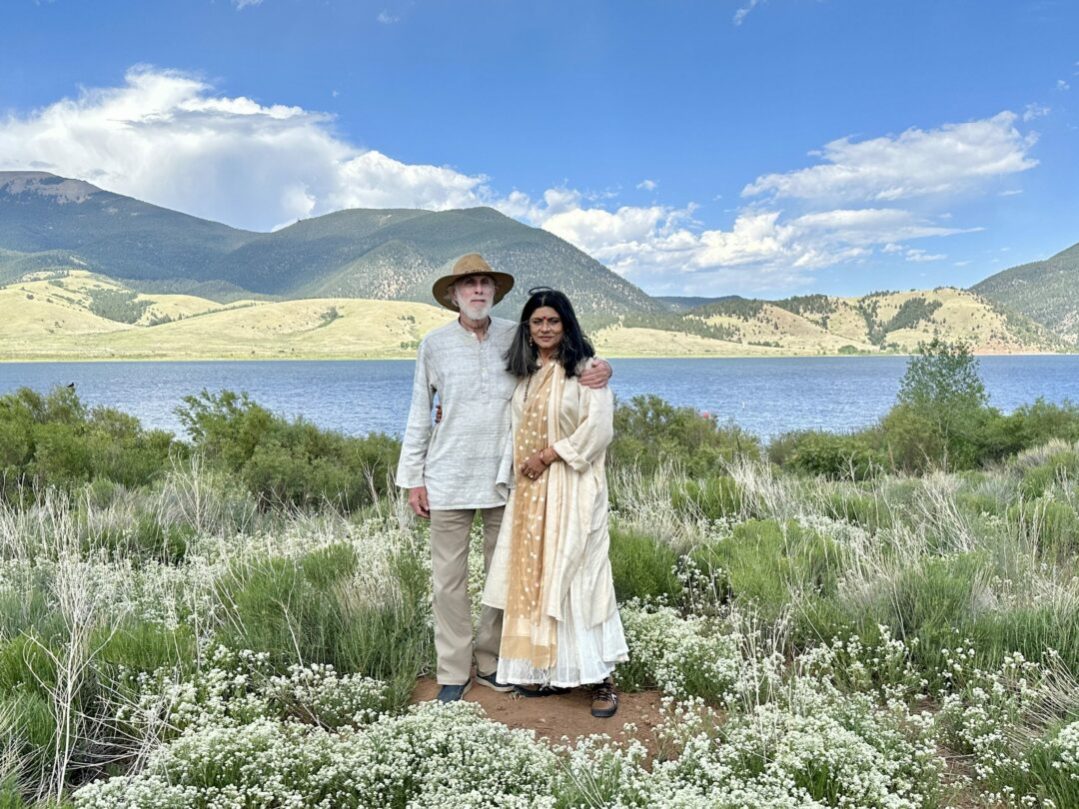Vedic counseling forms the background teaching for any education, guidance or therapy in the Vedic field. This includes Yoga, Ayurveda, Vedanta, Jyotish, Vastu and Sanskrit, along with the principles of Vedic living overall as karma and dharma. It extends to mantra and meditation to heal and uplift the mind.
Vedic counseling provides the integration for all Vedic disciplines and reflects how they have traditionally been applied together. Yet today, particularly outside of India, people usually follow one of these Vedic disciplines without being aware of its connection to the others.
Vedic and yogic teachings have come to the western world in bits and pieces – not as a single though many-sided tradition. The result is that individuals may be more aware of a particular guru, yoga technique or Ayurvedic doctor than the background Vedic tradition as a whole or the importance of Vedic Counseling.
Vedic Counseling addresses the whole life of a person, including the nature of consciousness, mind, Self, karma and rebirth as addressed in Yoga and Vedanta. It extends to all the domains of life, including career, creative expression, relationship, family issues and finances as well as yogic spirituality. Vedic counseling is primarily a psychological approach and the foundation for Vedic psychology.
Ayurvedic Psychology
Ayurveda is the specific Vedic discipline for healing body and mind, starting with right living practices at daily and seasonal levels. These have counterparts in other Vedic disciplines that deal with dharmic living, but the treatment of disease in body and mind is specific to Ayurveda.
Modern Ayurveda since India’s independence in 1947 has emphasized physical health and wellbeing. The psychological aspects, though addressed in Ayurvedic texts, have not been given equal attention. Yet in traditional Ayurveda, Prajnaparadha, failure of intelligence and wrong judgment, is defined as the main cause of disease, physical or psychological, and so is central to all of Ayurveda.
Health issues involve psychological imbalances, particularly as our high tech life becomes more stressful and divorced from nature. Psychological healing is closely related to wellness overall, not just how we feel at a bodily level but whether we are happy in our minds and hearts. Along with the global spread of Ayurveda as a wellness therapy and behavioral medicine, the psychological dimension of Ayurveda is also getting new attention. Ayurveda is known as a mind-body medicine linked to yogic spirituality, not just a system of treating physical diseases.
Vedic Psychology of Yoga, Ayurveda and Vedanta
Ayurvedic psychology is not a separate discipline from other Vedic approaches to the mind, but adds an Ayurvedic perspective to these. Ayurvedic psychology reflects the views of mind and consciousness found in Samkhya, Yoga and Vedanta and their focus on the Purusha and Atman (higher Self of pure consciousness). It includes descriptions of the mind and its different designations and functions (chitta, buddhi, manas, ahamkara or memory, intelligence, thought and ego) and the place of the five koshas or layers of the individual soul (ananda or bliss, vijnana or experiential wisdom, manas or sensory mind, prana or vital energy, and anna or food), holding our karmic patterns from one birth to another. Vedic teachings do not merely look at the human mind and physical reality but extend their inner study to the Self behind the universe, affording a cosmic dimension to their orientation.
The Vedic approach to the mind is according to the three gunas of Sattva, Rajas and Tamas, the three doshas of Vata, Pitta and Kapha, and the five elements of earth, water, fire, air and ether, extending to the seven chakras. Ayurvedic mind/body connections, relevance of daily and seasonal regimens, diet, herbs and massage are part of this view at an outer level.
For Vedic psychology, the relationship of mind with Consciousness is the key. Mind is a conditioned entity, an embodied creature, arising from karma, while Consciousness is pure awareness beyond all karma, which means beyond all death and sorrow, and all embodiment. To gain full peace of mind we must learn how to transcend the mind to the background witness Consciousness of the Self, which means detaching from both body and mind.
Vedic Counseling
In our approach to Vedic Counseling through our book the Art and Science of Vedic Counseling and our institute’s Integral Vedic Counseling Course, we show the nature of Vedic counseling relative to the whole of life, through its psychological aspects through Vedanta, Yoga and Ayurveda. We teach Ayurvedic psychology with Vedanta as its ultimate focus of Self-knowledge and Self-realization, as part of Vedic psychology.
Ayurvedic psychology is the therapeutic aspect of Vedic and Yogic psychology, bringing in physical factors through the doshas. Traditional Yoga through the Yoga Sutras is itself a psychology that shows us how to calm the mind and develop samadhi or higher awareness to realize our higher Self. Vedanta adds to this the science and philosophy of Self-realization, teaching us how to understand our inner Self through various types of internal inquiry and the cultivation of Self-awareness throughout the day, waking, dream and deep sleep.
Today it is crucial that society develops a better understanding of mind and consciousness as part of a yogic and naturalistic basis for psychological wellbeing. Our highest human potential exists not merely in information, science and technology, but in the realization of Consciousness at cosmic and transcendent levels. The ability to address these issues can be found in Vedic education, which teaches us not only about the outer world but the inner world of the mind extending into the supreme Consciousness. To truly know ourselves, we must know the entire universe within us.
We look forward to a renaissance of Vedic psychology through Yoga, Ayurveda and Vedanta to take humanity forward to a new era of natural healing and the realization of our cosmic nature.
Dr. David Frawley (Pandit Vamadeva Shastri)







